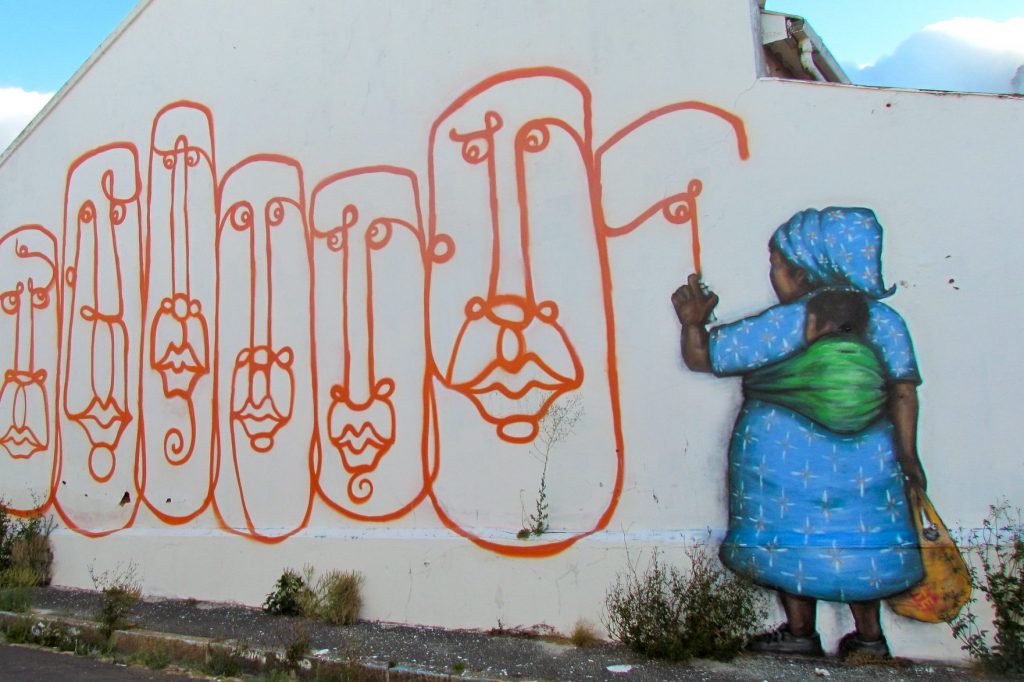Why the African Travel Ban Is Misguided

Skift Take

On Experience
Colin Nagy is a marketing strategist and writes on customer-centric experiences and innovation across the luxury sector, hotels, aviation, and beyond. You can read all of his writing here.Following detection of the latest variant, Omicron, in Botswana and South Africa last week, the EU, U.S., and UK quickly issued travel bans on African nations. Citizens from these nations traveling abroad were briskly walked to repatriation flights home, and hopes for travel and tourism surrounding the holiday season were promptly dashed. All while places like the UK, which has surging Covid cases per day, were free to travel to places like the U.S. and Dubai for the holiday season unrestricted.
Something isn’t adding up: it’s more politics than science, with disastrous consequences for Africa.
The knee-jerk policy is hugely misguided and hints at our worst, fearful instincts when it comes to dealing with Coronavirus. We know that the virus isn’t going away and we are going to have to learn to live with it. It will continue to mutate and evolve and it is worth noting that every detection of a new variant is treated as hyper alarmist breaking news for several days, stoking fear in the public. Without evidence of anything more nefarious, it is presented to the world as a new Ebola-like terror. When in reality, we have been through several variants already, with the same hype cycles.
Scientists and public health officials are now familiar with the cycle: South African Health Minister Joe Phaahla told the BBC: "We have been here before,” referring to the Beta variant identified in South Africa last December while reiterating the that there was no need to panic about the latest variant. In fact, though Omicron seems to spread quickly, medical experts are so far seeing mild symptoms in sufferers of the new Covid-19 variant.
Banning African nations while the West lets other highly infected countries still travel freely will cause disastrous consequences. A better idea would be to put in place what I witnessed in T2 at Dubai the other day: Testing before departure, and quick, efficient testing on arrival for countries surging with cases. On arrival into T2, several planes from Kabul, Tbilisi, and elsewhere in the region were quickly and efficiently processed into testing zones, with results in a few hours. By testing before departure and on arrival, with an advised test after a few days, safeguards are in place to allow for unrestricted movement, whatever you are a refugee landing from Kabul, or a business traveler headed to Cape Town to close a deal.
The ban is ill-thought through for a few reasons:
First, tourism is vital to the economies of these African nations, and as I have written about in this column frequently, dollars from tourism are what pay for the important conservation efforts. In Covid and under economic uncertainty, poaching and the destruction of wild environments have accelerated significantly. Tourism and safaris play a crucial role in financially supporting local workers, communities, and wildlife conservation projects. Things were already bad with the first phases of lockdown. And today, depriving these nations of holiday travel is adding insult to injury. Large-scale loss of endangered wildlife destroyed land, and unemployment is a direct consequence.
Second, knee-jerk bans disincentivize nations from reporting their numbers, cases, and detection of new variants transparently. Health authorities in South Africa and Botswana should be praised for alerting the world to the existence of this new variant — not punished with travel bans.
Third, often this virus and its variants have traveled around the world by the time it is detected. Shutting borders in the hope that they won’t escape is childish and shows our worst instincts at work: Let’s lockdown borders and make it impossible to move from place to place. It is in flagrant disregard for everything we’ve learned in previous years about transmission.
Africa has been dealt a brutally tough hand with Covid. Unnecessary policies that single out emerging nations while richer nations are not held to the same standard is not just foolish, it is disastrous and needs to be re-thought.





